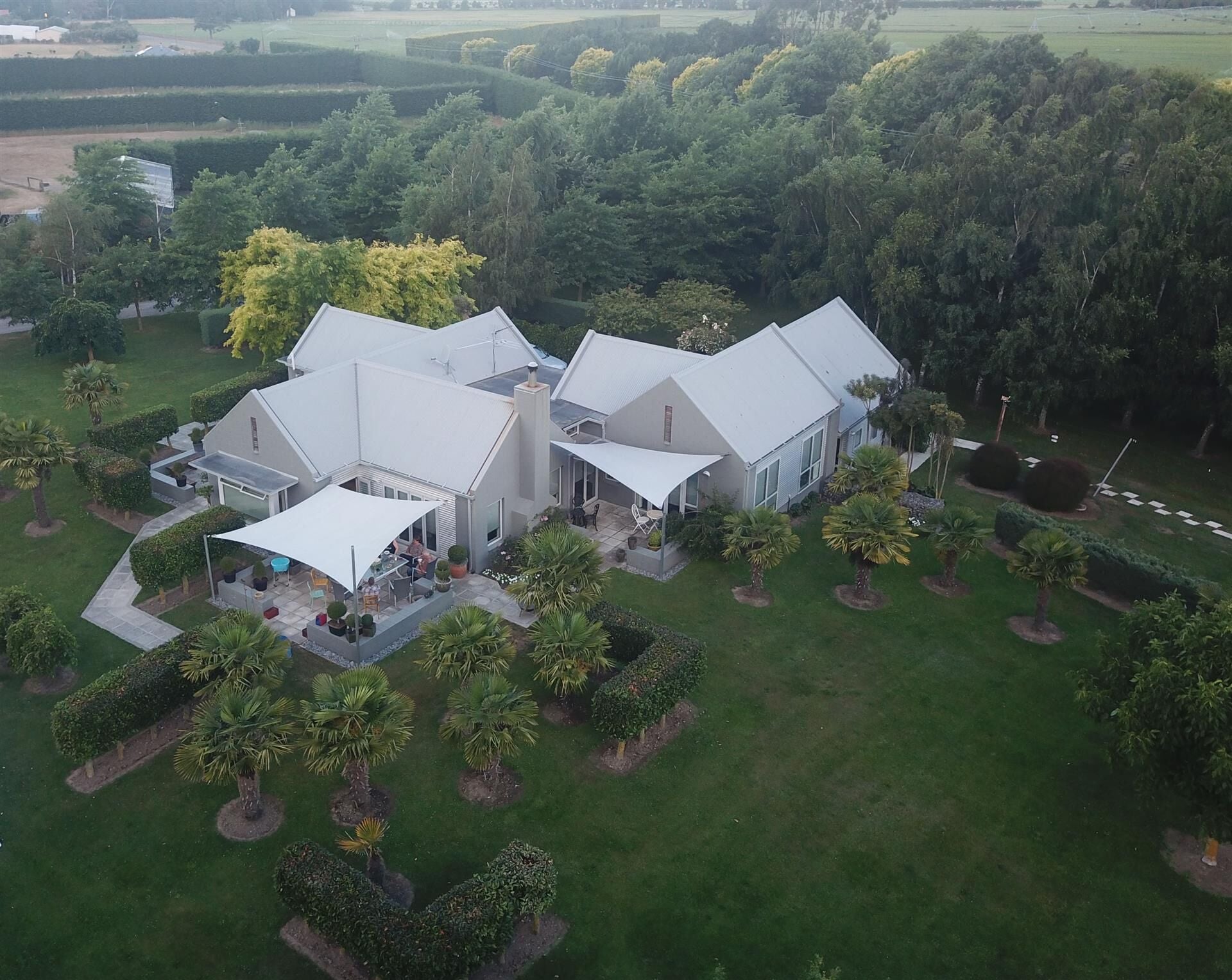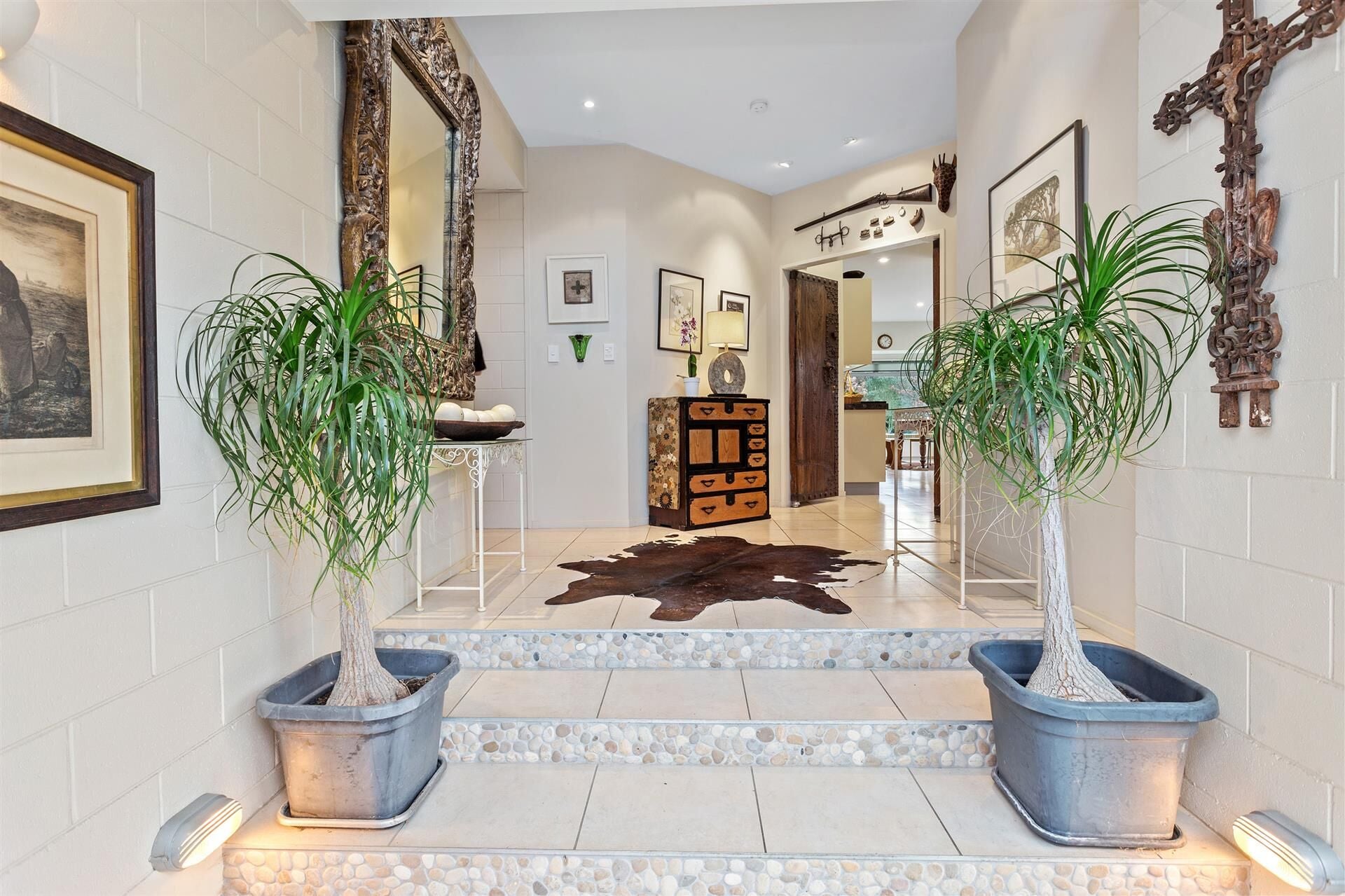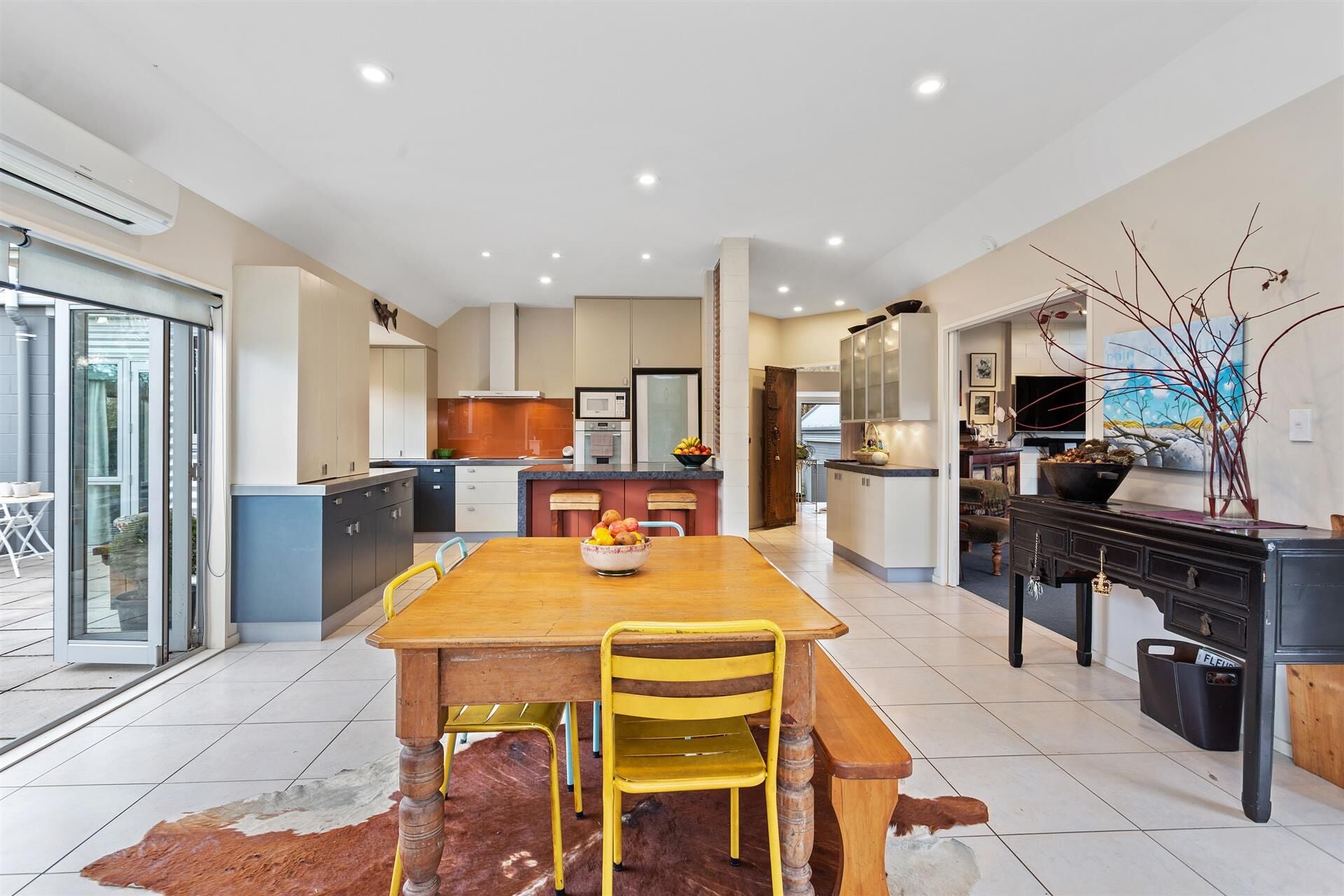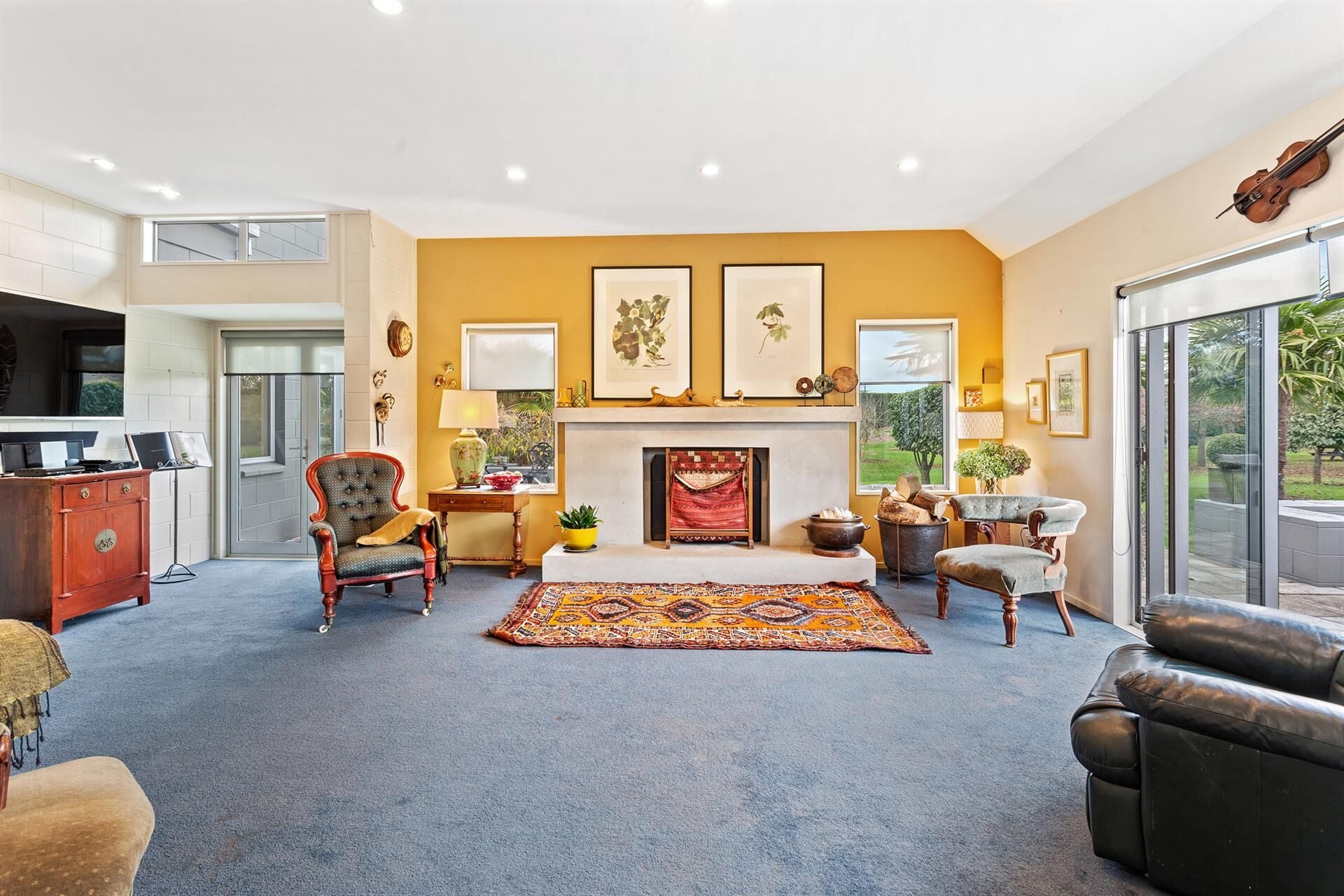Property buyers jockeying for position as lifestyle block with horse training track goes up for sale

The three-bedroom/two-bathroom upmarket dwelling in the Canterbury township of Rangiora sits on some seven hectares of countryside and is owned by successful horse trainer Gavin Court and his wife Sandra.
The Courts have owned, bred, and raced pacers for the past nine years – producing 10 winners over the period. Among the most notable steeds to have emerged from their stables were stud mare and Westport Cup winner Just Lucy, nine-time race winner Shark N Tatie, eight-time prize-money winner Ireby Betty, and more recently Ireby Meg and Ireby Gus.
Many of the Court’s horses were trained at their Rangiora estate, named Ireby after a small village in England’s Lake District where Sandra Court’s family immigrated from before settling in Canterbury.
The rear portion of Ireby estate features a professionally-built 350 metre oval horse jogging and training track, along with a full complex of commercial-standard horse grooming stables, and wash-down yards immediately adjacent. The track and stable areas are surrounded by fenced paddocks – each with their own stock watering troughs.
And while equestrian activities were Gavin Court’s passion, wife Sandra’s recreational zeal was gardening. So much so that the middle portion of Ireby estate was dedicated to a ‘showcase’ landscaped English garden which has featured prominently in many house and garden tours in the area over the past decade.
Now however, as the couple plan for retirement, Ireby estate – complete with its equestrian facilities and designer botanical grounds and gardens at 66 Coldstream Road in Rangiora - is being marketed for sale by deadline negotiations through Bayleys Rangiora, with offers closing on July 4.
Salesperson Jan McCormick said Ireby not only offered an impressive designer residential dwelling in a lifestyle block setting, but also multiple opportunities for both recreational or commercial redevelopment of the property.
“The scale and quality of the equestrian infrastructure at Ireby mean the likely buyers of this home will probably have a strong association to the sport – either through their children, or with a view to continuing professional equestrian-based training or breeding activities on the property,” Ms McCormick said.
“It would of course be relatively straightforward to convert the existing horse track into a show jumping or dressage arena with hurdles and fences.”
“Importantly, on the flip side of course, Ireby could attract a passionate gardener who may look to convert the horse training track and adjacent paddocks into either an expansion of the existing flower and shrub plantings, or even develop commercial market gardening activities upscaling the current fruit and nut orchard trees to a commercial level - including utilising the existing equestrian buildings for machinery and equipment storage,” Ms MCormick said.
“When you consider the of manure produced on a daily basis from Ireby’s equestrian activities, it’s hardly surprising to see why the garden beds with their feijoa, apple, pear, plum peach, nectarine and fig tree plantations flourished so prolifically in the nutrient-rich soil.”
The single-level Ireby homestead was built in 2003 with a lounge overlooking the expansive flat terrain of gardens interspersed with oak and silver birch tree-plantings, as well as three separate outdoor entertaining courtyards, and a farmhouse-style kitchen.
“For a homestead which has supported equestrian activities on a daily basis over several years, the interior styling and lay-out of Ireby is more like a dwelling you’d see featured in the pages of a glossy home-design magazine rather than a rural living publication,” Ms McCormick said.



